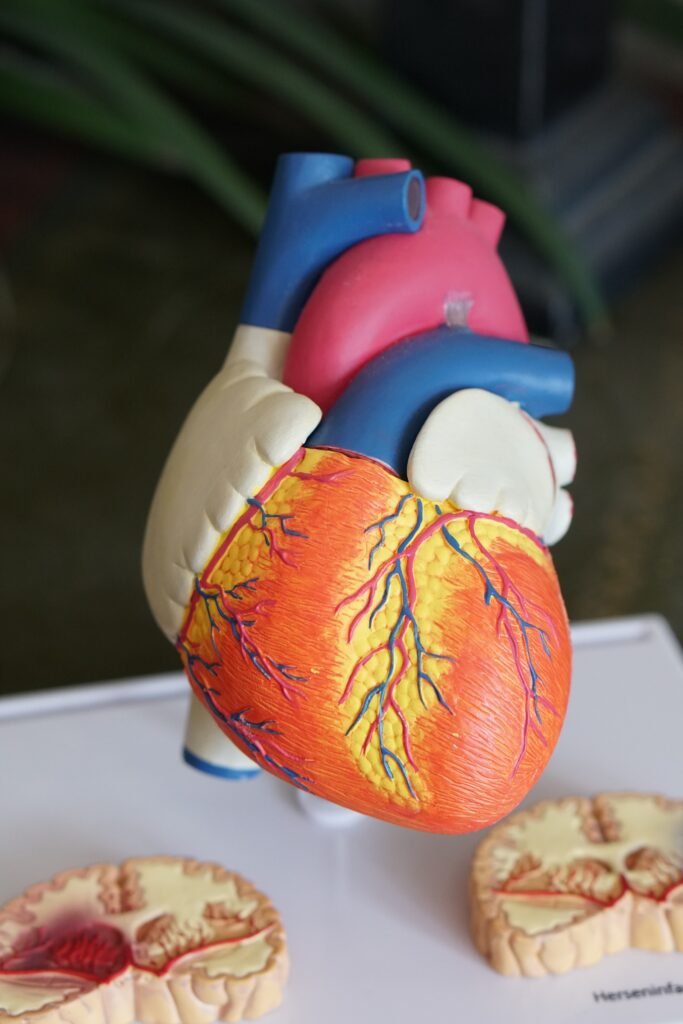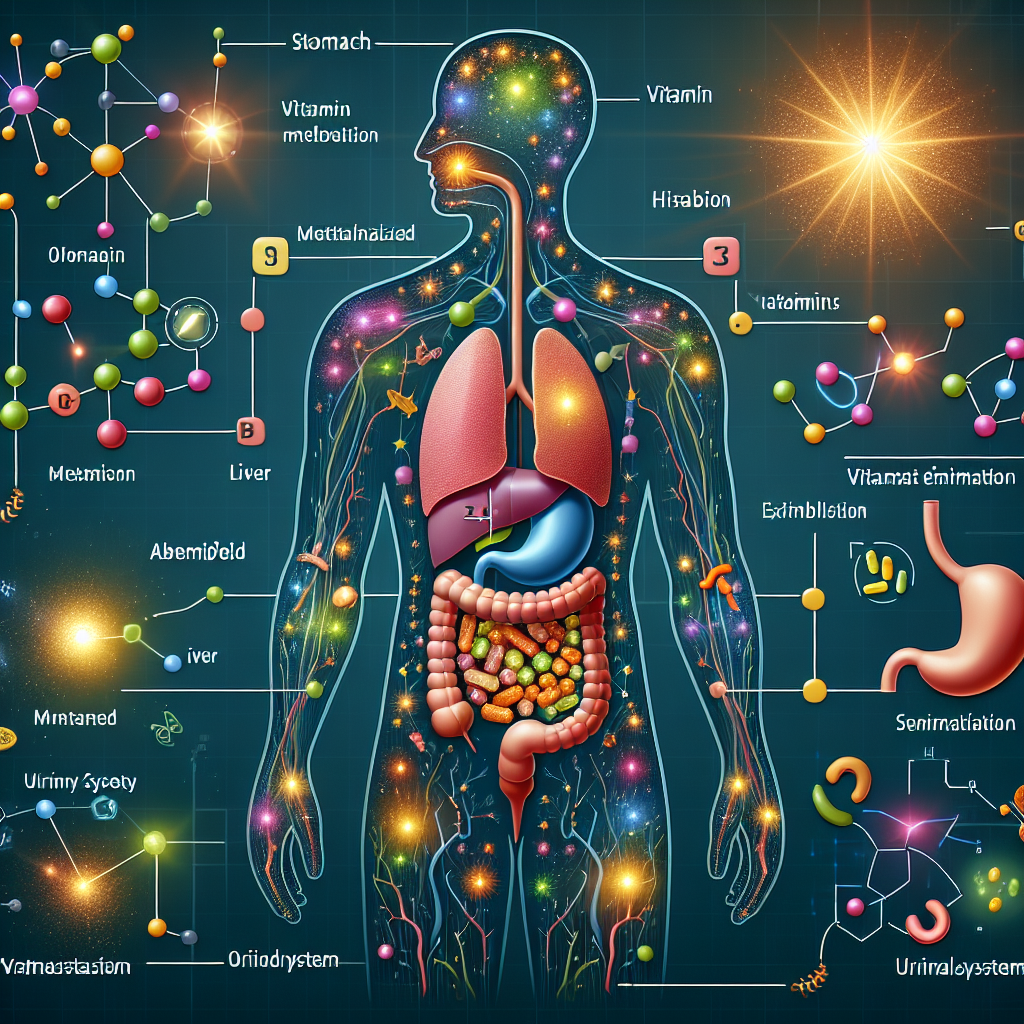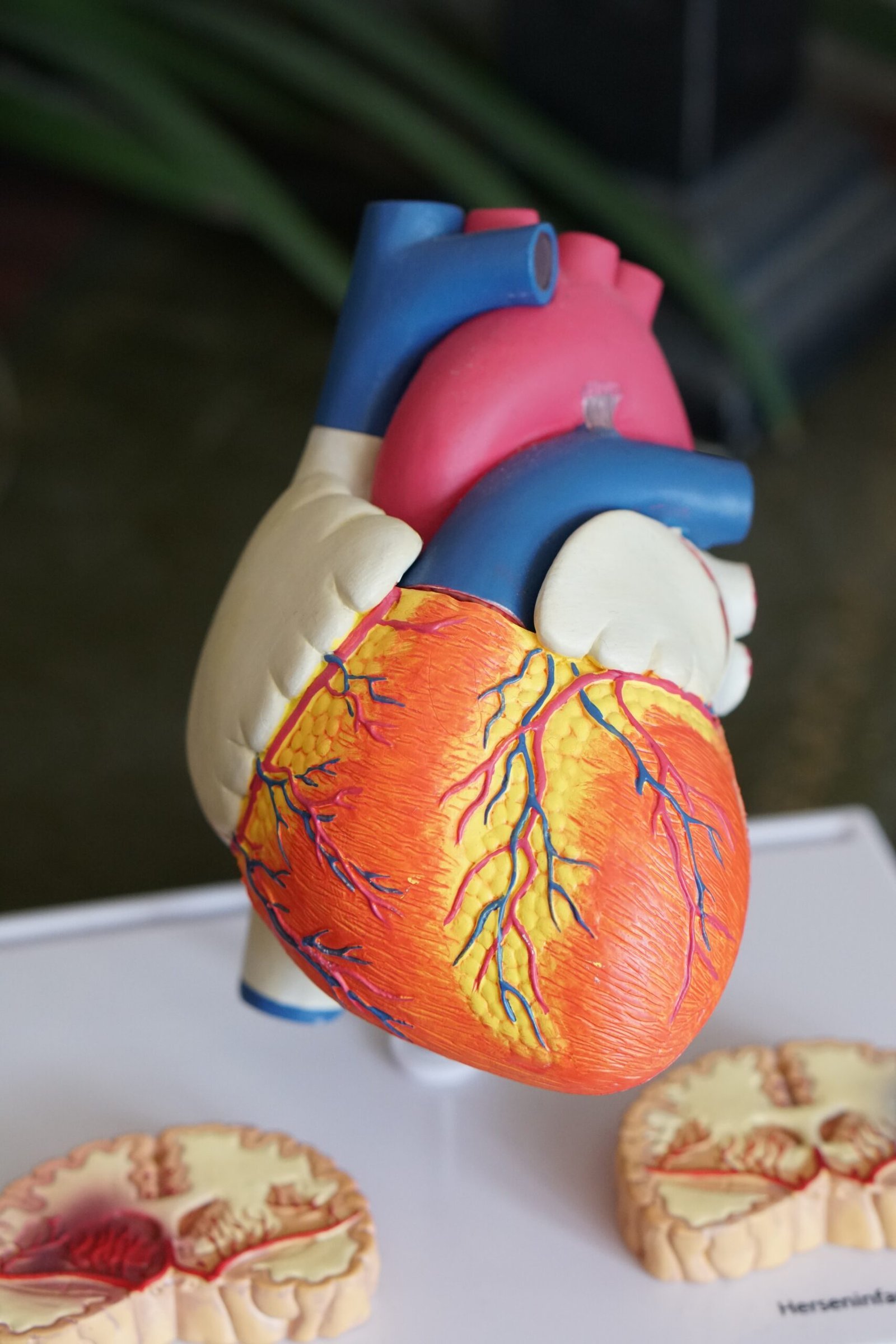Did you know that your body has a way of eliminating excess vitamins? It might surprise you to learn that when you consume more vitamins than your body needs, it doesn’t store them for future use. Instead, it actually gets rid of the excess through a rather fascinating process. This article explores the mechanism behind how your body eliminates excess vitamins and offers insights into how you can ensure optimal vitamin absorption. So, next time you reach for that vitamin supplement, you’ll have a better understanding of where those extra vitamins might end up!

Understanding How Vitamins Work
Vitamins are essential nutrients that play a vital role in maintaining good health. Understanding how vitamins are absorbed, metabolized, and excreted by the body is important in optimizing their benefits. Let’s delve into the fascinating world of vitamins and unravel the mystery behind their journey within your body.
How Vitamins are Absorbed
Before vitamins can even begin to work their magic, they must first be absorbed by your body. The process of absorption primarily takes place in your small intestine. Here, the vitamins are broken down into smaller molecules, making it easier for your body to utilize them.
For water-soluble vitamins, such as vitamin C and B-complex vitamins, they are absorbed directly into the bloodstream. This means that they can easily move through the watery environment of your body and reach the cells that need them.
On the other hand, fat-soluble vitamins, such as vitamin A, D, E, and K, require the help of fat to be absorbed. These vitamins must bind to fat molecules before they can enter your bloodstream. This is why it’s important to consume adequate dietary fat for the optimal absorption of these vitamins.
How Vitamins are Metabolized
Once absorbed, vitamins undergo various metabolic processes in your body. Metabolism refers to the chemical reactions that occur to transform nutrients into energy or other essential molecules. The exact metabolic pathways vary depending on the specific vitamin.
Water-soluble vitamins are readily transported throughout the body via the bloodstream. They are used by cells as needed and any excess amounts are typically excreted through urine. This is where the role of kidneys comes into play, which we’ll explore in more detail later.
On the other hand, fat-soluble vitamins are stored in your body’s fatty tissues and liver. These vitamins have the ability to be stored for longer periods, allowing your body to use them as needed. It’s important to note that excessive intake of fat-soluble vitamins can lead to toxicity, which we’ll discuss in more detail later.
The Role of Kidneys in Excretion
The excretion of vitamins, particularly water-soluble ones, heavily relies on the efficient functioning of your kidneys. Your kidneys play a crucial role in maintaining the balance of nutrients and waste products in your body. They filter out excess water-soluble vitamins and other waste materials through urine, ensuring that your body maintains the optimal levels of these important nutrients.
Water-Soluble Vitamins and Urinary Excretion
Water-soluble vitamins are known for their ability to dissolve in water and are not stored in the body to a significant extent. As a result, any excess amounts of these vitamins are usually excreted through urine. Let’s explore some specific water-soluble vitamins and their relationship with urinary excretion.
What are Water-Soluble Vitamins?
Water-soluble vitamins include vitamin C and the various B-complex vitamins, such as thiamin, riboflavin, niacin, vitamin B6, folate, and vitamin B12. These vitamins are essential for various bodily functions, including energy production, immune function, and cell growth.
Vitamin C and Urinary Excretion
Vitamin C, also known as ascorbic acid, is well-known for its immune-boosting properties. It is a powerful antioxidant that helps protect your cells from damage caused by harmful free radicals. When you consume more vitamin C than your body needs, it is quickly eliminated through urine, resulting in a bright yellow color.
It’s worth mentioning that vitamin C has a relatively low toxicity level, and excess intake beyond the body’s needs is typically excreted without causing harm. However, excessively high doses can lead to digestive discomfort, such as diarrhea.
B-Complex Vitamins and Urinary Excretion
B-complex vitamins, including thiamin, riboflavin, niacin, vitamin B6, folate, and vitamin B12, are crucial for maintaining overall health and well-being. These vitamins play essential roles in energy metabolism, nerve function, and red blood cell production.
Much like vitamin C, excess intake of B-complex vitamins is generally excreted through urine. However, the specific amounts excreted may vary depending on factors such as individual differences in absorption and metabolism.

Fat-Soluble Vitamins and Urinary Excretion
Unlike their water-soluble counterparts, fat-soluble vitamins have the ability to be stored in your body’s fatty tissues and the liver. While they can still be excreted through urine, the majority of fat-soluble vitamins are eliminated through other pathways. Let’s take a closer look at some specific fat-soluble vitamins and their relationship with urinary excretion.
What are Fat-Soluble Vitamins?
Fat-soluble vitamins include vitamin A, D, E, and K. These vitamins are essential for various biological functions, including vision, bone health, immune function, and blood clotting.
Vitamin A and Urinary Excretion
Vitamin A, often associated with good vision and healthy skin, is stored in the liver and fatty tissues. While a small portion of excess vitamin A can be excreted through urine, the majority is stored for later use. It’s important to be mindful of excessive intake of vitamin A, as prolonged high doses can lead to toxicity symptoms, which we’ll discuss later in the article.
Vitamin D and Urinary Excretion
Vitamin D, often hailed as the sunshine vitamin, is synthesized in the skin when exposed to sunlight. It plays a crucial role in maintaining healthy bones and immune function. Excess intake of vitamin D is not efficiently excreted through urine. Instead, your body may deposit the excess vitamin D in your bones, leading to potential adverse effects.
Vitamin E and Urinary Excretion
Vitamin E is a powerful antioxidant that helps protect your cells from damage. It is primarily stored in fat tissues and can be recycled within the body. While a small portion of excess vitamin E may be excreted through urine, it is mainly eliminated through other pathways, such as feces.
Vitamin K and Urinary Excretion
Vitamin K is essential for proper blood clotting and bone health. Similar to other fat-soluble vitamins, vitamin K is stored in your body’s fatty tissues and liver. It is predominantly excreted through bile, a fluid produced by the liver and stored in the gallbladder, which aids in the digestion and absorption of dietary fats.
Factors Affecting Vitamin Excretion
While urinary excretion is one of the major pathways for eliminating excess vitamins from your body, several factors can influence this process. Let’s explore some of these factors to gain a deeper understanding of how they can affect vitamin excretion.
Implications of Health Conditions
Certain health conditions can affect your body’s ability to excrete vitamins efficiently. For example, individuals with kidney disorders may experience decreased excretion of water-soluble vitamins, leading to potential vitamin toxicity. Similarly, individuals with impaired bile production or gallbladder function may have difficulties excreting fat-soluble vitamins adequately.
Dosage and Absorption Efficiency
The dosage and absorption efficiency of vitamins can also impact their excretion rates. Higher doses of vitamins may exceed your body’s absorptive capacity, resulting in increased excretion. Additionally, individual variations in absorption efficiency can influence how much of a specific vitamin is actually absorbed and excreted.
Individual Variations
Each individual possesses unique physiological traits that can affect vitamin excretion. Factors such as age, sex, genetics, and overall health can contribute to variations in vitamin metabolism and excretion rates. It’s important to recognize that what works for one person may not have the same effects on another.

Can You Overdose on Vitamins?
While vitamins are essential for optimal health, excessive intake can lead to potential harm. Let’s explore the concept of vitamin toxicity and understand how it relates to different types of vitamins.
The Concept of Vitamin Toxicity
Vitamin toxicity refers to the adverse effects that occur as a result of excessively high doses of vitamins. This can happen with both water-soluble and fat-soluble vitamins, albeit with different mechanisms and implications.
Water-Soluble Vitamins and Excess Intake
Water-soluble vitamins, such as vitamin C and B-complex vitamins, have low toxicity levels. This is because any excess amounts are readily excreted through urine. However, extremely high doses can still result in symptoms such as gastrointestinal disturbances.
Fat-Soluble Vitamins and Excess Intake
Fat-soluble vitamins, on the other hand, have higher potential for toxicity due to their ability to be stored in the body. Vitamin A, D, E, and K can accumulate to toxic levels with excessive intake over time. This can lead to symptoms such as nausea, dizziness, bone pain, and even organ damage.
Symptoms of Vitamin Overdose
Symptoms of vitamin overdose can vary depending on the specific vitamin and the severity of the excess intake. Common symptoms may include nausea, vomiting, diarrhea, dizziness, fatigue, and in severe cases, organ damage. It’s important to seek medical attention if you suspect a vitamin overdose.
Tips for Optimal Vitamin Intake
To ensure you’re getting the most out of your vitamins without risking overdose or deficiencies, it’s important to adopt healthy habits and practices. Consider the following tips to optimize your vitamin intake.
Balanced Diet and Nutrient Variety
A well-balanced diet that includes a variety of nutrient-rich foods is the foundation for optimal vitamin intake. Aim to incorporate a colorful array of fruits, vegetables, whole grains, lean proteins, and healthy fats in your meals. This will provide you with a wide range of vitamins and minerals to support your overall health.
Consulting a Healthcare Professional
If you have specific concerns or health conditions that may affect your vitamin requirements, consulting a healthcare professional is a wise choice. A registered dietitian or healthcare provider can offer personalized guidance and help you determine the best approach to meeting your nutritional needs.
Considering Specific Health Needs
Certain life stages or health conditions may require additional attention to vitamin intake. For example, pregnant women may need higher levels of certain vitamins to support fetal development. Individuals with malabsorption disorders may require supplements or specialized diets to ensure adequate vitamin absorption.

Bottom Line
Understanding how vitamins work, including their absorption, metabolism, and excretion, is crucial in optimizing your health. While water-soluble vitamins are easily excreted through urine, fat-soluble vitamins can be stored in the body, leading to potential toxicity if consumed in excessive amounts. Balancing your vitamin intake through a well-rounded diet, consulting healthcare professionals, and considering individual needs can help you achieve optimal health and well-being. Remember, moderation is key when it comes to vitamins, and it’s always best to prioritize a holistic approach to nutrition.

